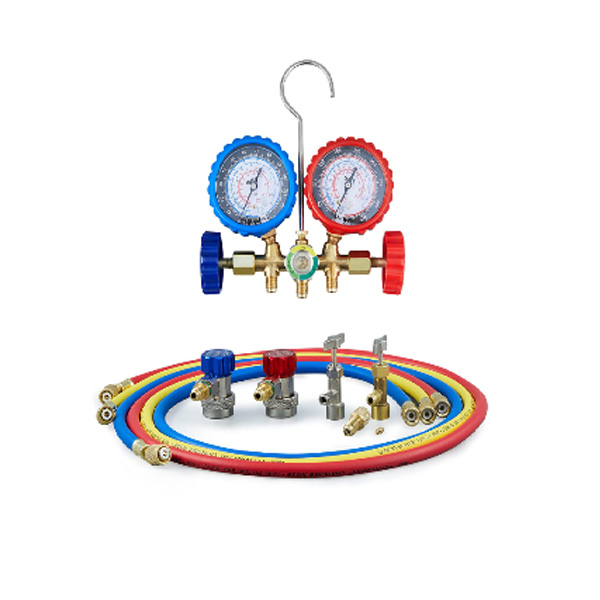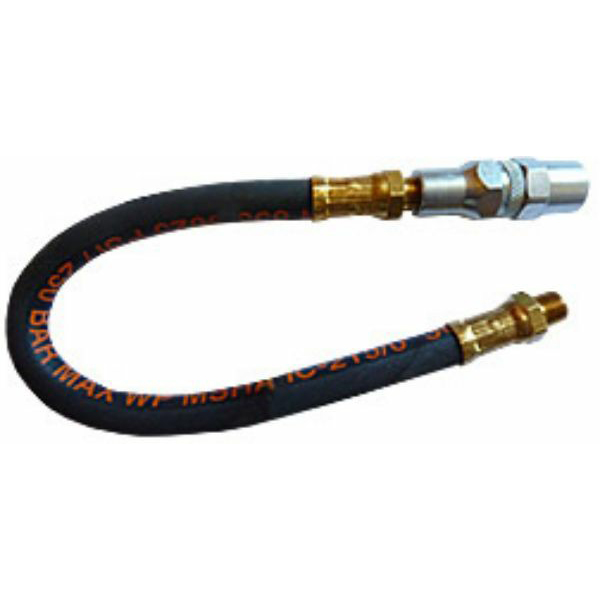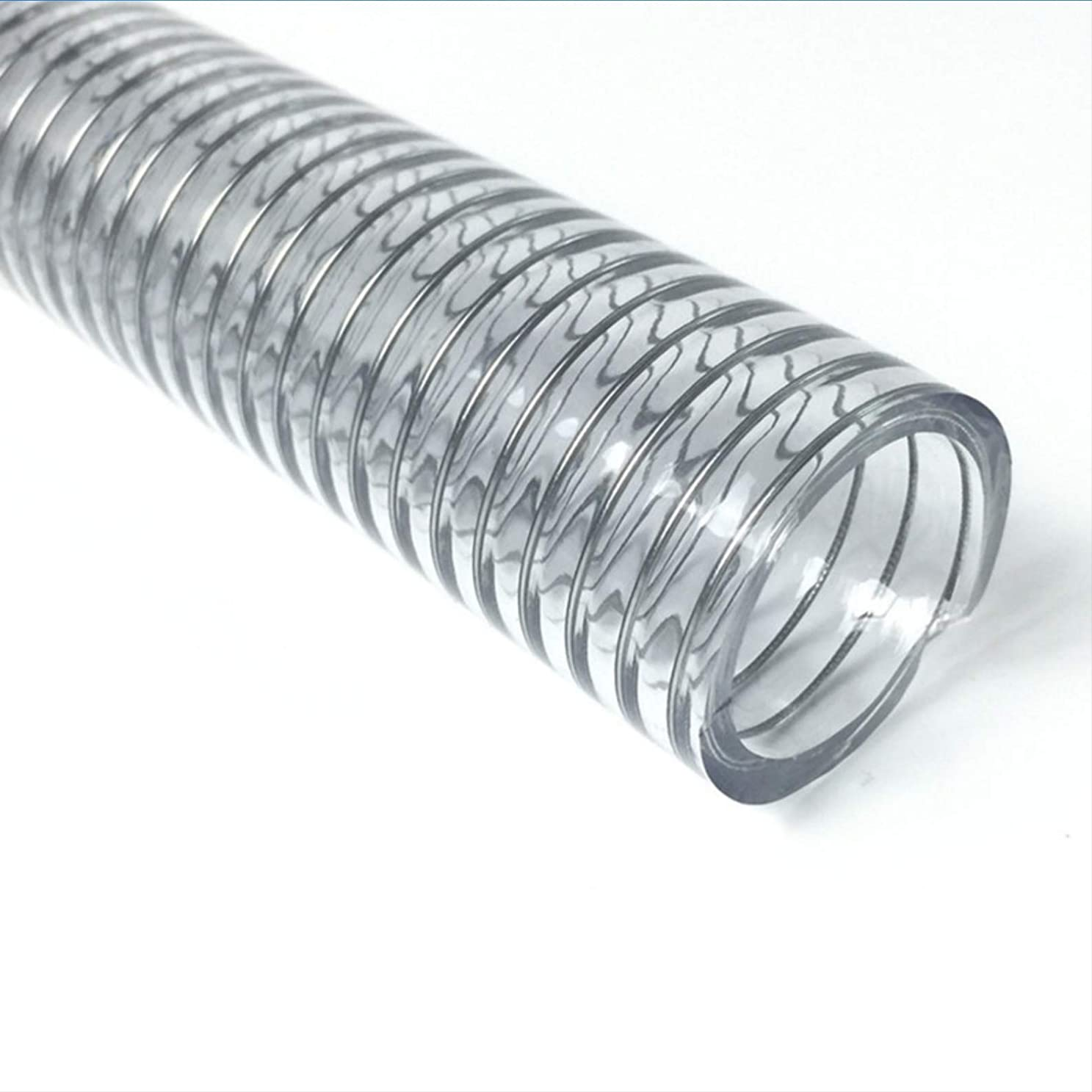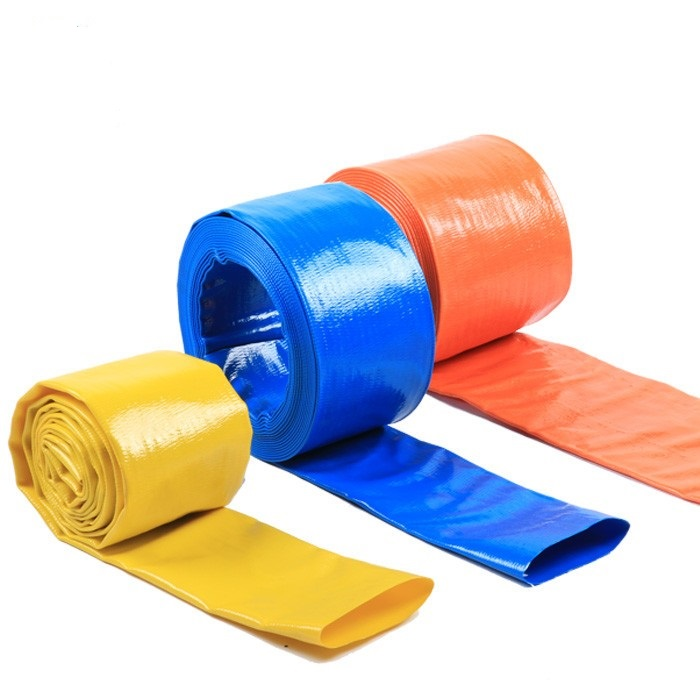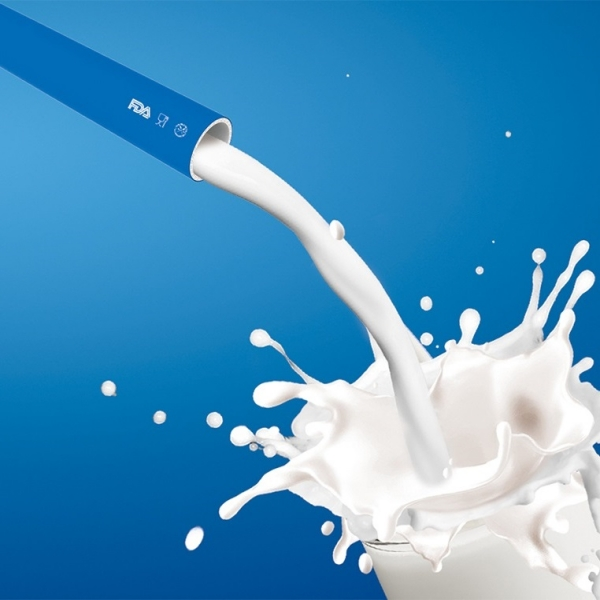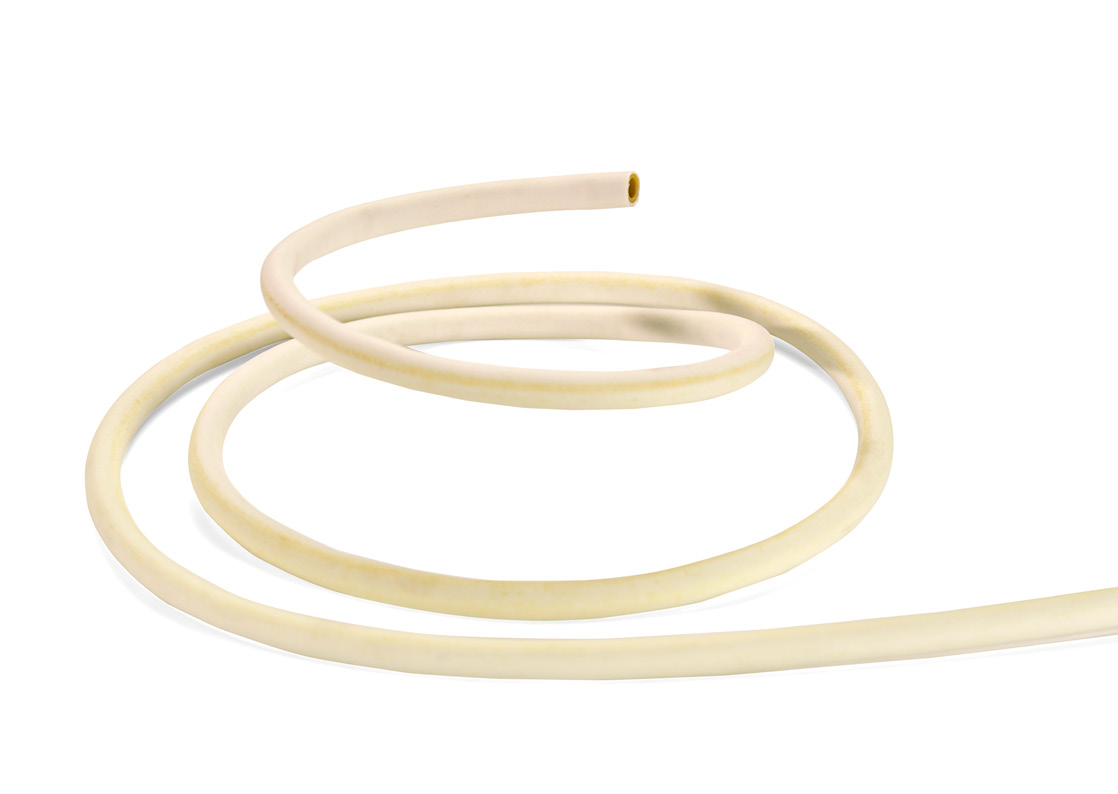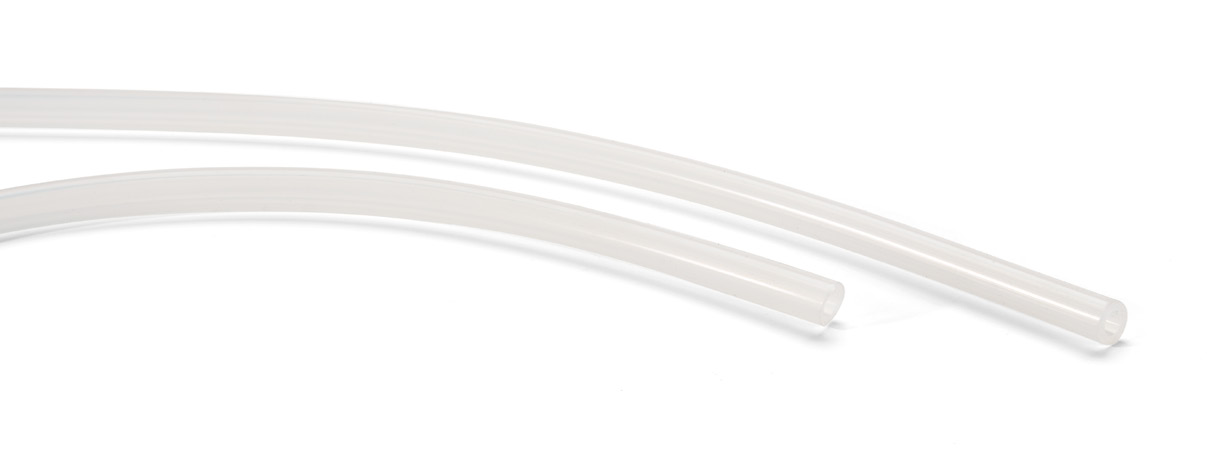The flexibility and adaptability of rubber tubing has made it an essential for use as a component in several industries. Rubber tubing is highly resilient and dependable as well as long lasting. These qualities make it ideal for use in homes for transfer of water and chemicals and in industry for applications involving hydraulic fluids and chemical processing.
Industries that Use Rubber Tubing
Automotive
Rubber tubing in the auto industry is referred to as hose and tubing. It is used as fuel lines, radiator hoses, for supplying lubricants, and part of cooling systems. The smooth operation of automobiles depends on rubber tubing being in excellent condition. Since rubber tubing has a long life span and history of dependability, it is the most widely used method for movement of fluids in automobiles.
Agriculture
There are several varieties of rubber tubing used in agriculture. It is used to transfer grain, collect debris, and provide ventilation. Each application requires a specially designed tubing. Flexible tubing is used to move abrasive materials such as animal feed, grain, and manure. A major use for agricultural tubing is for ventilation to ensure proper airflow for livestock. Agriculture rubber tubing is required to be chemical resistant due to the wide variety of chemicals used for food production and feeding.
Aerospace
The special conditions of air transport require rubber tubing that can withstand harsh weather conditions, radical pressure changes, and wide temperature variances. Flexible tubing or hose is used in aircraft for fluid systems to connect moving parts with stationary ones in locations that are subject to vibrations. Additionally, rubber tubing is used as a connector between metal tubing.
To meet the required strength, durability, and reliability for aerospace, synthetic rubbers are used to manufacture aircraft rubber tubing, which include neoprene, butyl, and EPDM. The psi for aircraft tubing varies between 250 psi to 3000 psi.
Food Processing
Rubber tubing for food processing is extremely critical and has to be manufactured to meet the rigorous standards set by the FDA. One of necessary properties of food grade rubber tubing is the avoidance of kinking and the accumulation of contaminants or sediments to ensure easy flow and flushing. The walls of food grade rubber tubing are thick to prevent kinking, but the tubing is lightweight and flexible. Since food products produce acids and chemicals, food grade rubber tubing is resistant to those materials as well as alcohol and alkali. It is produced using a purity process to avoid the transfer of tastes and odors. Food grade rubber tubing is used with water, air, beverages, and dairy products.
Marine
There is a wide variety of tubing and hoses that are used for marine applications, which can be seen in the diagram below. Water hoses are used to pump engine cooling water, flush toilets, and cool air conditioning. Drainage hoses are found in the cockpit, sink, or shower and are resistant to kinks and abrasions. Drinking water hoses are made to FDA specifications to avoid bad tasting water. Other hoses include bilge pump and sanitation hoses, which have to be rugged for constant use.
Medical and Pharmaceutical
Medical and pharmaceutical grade rubber tubing is normally produced using some form of synthetic rubber with silicone being the most common, which has very few compounding agents. The quality of medical and pharmaceutical grade rubber tubes includes having been tested as implantations in animals and humans, manufacturing conditions in adherence to FDA regulations, and exceptional quality control.
Medical grade rubber tubing is used to make feeding tubes, catheters, implants for long and short-term use, and syringe pistons. The Center for Devices and Radiological Health (CDRH), under FDA oversight, regulates medical and pharmaceutical grade rubber tubing.
The required properties for medical and pharmaceutical grade rubber tubing are odorless, non-toxic, inert, temperature stability, and superior chemical resistance. A key to meeting FDA regulations is the choice of materials used in the manufacturing process and the vulcanization or curing method.
Other Industries Using Rubber Tubing
● Chemical
● Construction
● Coolant
● Cryogenic
● Discharge
● Exhaust
● Fire
● Fresh air
● Garden or landscaping
● Heavy industry
● HVAC
● Oil or fuel
Any industry that requires the transmission, movement, or transport of liquids or gases depends on rubber tubing as an integral part of their operation.
Post time: Sep-29-2022

